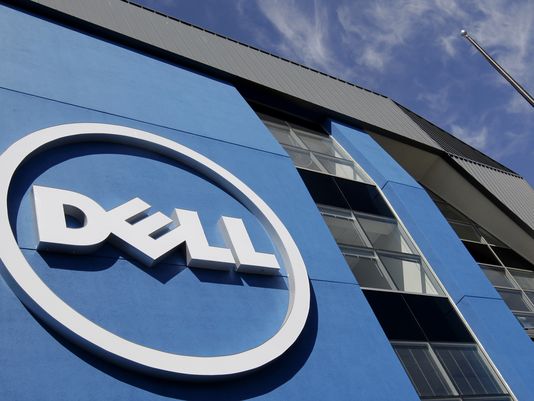There’s been a fair amount of talk recently about the state of PCs and PC makers, with many predicting fairly dire circumstances for those “dinosaur” companies still stuck making PCs. While clearly the consumer PC market isn’t enjoying a heyday moment—nor is it expected to any time soon—recent news from Intel regarding their improved outlook was a clear sign that the market for business PCs is improving.
The simple fact is that business PCs aren’t going anywhere, anytime soon, except in a positive direction. On a day-to-day basis, in businesses around the world, PCs are still the work horse devices that most knowledge workers rely on to get the vast majority of their work done—despite the influx of smartphones and tablets—and that situation is not likely to change anytime soon. We will likely see PCs continue to evolve, with more and more of them adding touch capabilities and more tablet-like functions, but that does not mean tablets are replacing PCs. It’s also important to remember that commercial PC sales now represent just more than half of all worldwide PC sales and that percentage is expected to modestly increase over the next several years.
The continued health of business PCs is an important issue for a company like Dell. In fact, the company acknowledged at its recent analyst conference that nearly 70% of the overall enterprise deals it makes start with a discussion about PCs. Given the recent resurgence in the commercial PC business, it’s easy to see why there’s a renewed sense of optimism and enthusiasm at the company.
That optimism became very apparent to me recently, having had the opportunity to spend some quality time down in Austin, TX with Michael Dell, his leadership team and the company overall. Through the course of those meetings and interactions, I realized that there is still a very robust, if not always groundbreaking, business that’s being done in the basic blocking and tackling areas of enterprise computing, servers and storage. Much of it is glossed over in the tech press, because it isn’t perceived as being on the cutting edge, but it does reflect where a lot of companies actually are in their technology deployments.[pullquote]There is still a very robust, if not always groundbreaking, business that’s being done in the basic blocking and tackling areas of enterprise computing, servers and storage.”[/pullquote]
That’s not to say that Dell, and its competitors, aren’t moving forward in driving new technologies. However, the gap between what the IT industry and tech press expect business IT decision makers to be focusing on and what they are actually doing is starting to widen. In taking a more conservative approach to many of these developments, Dell is aligning with its customers’ needs better than it might, at first glance, appear.
Many of the innovations Dell has been discussing recently have been in the area of commercial PCs. Leveraging the growing interest in hybrid, 2-in-1 devices—which we would argue are essentially next generation PCs—Dell demonstrated a 2-in-1 addition to its Latitude line of commercial notebooks. In addition, they’ve added more IT-friendly management and security features to its consumer/commercial crossover XPS line of notebooks.
Though Dell does participate in the consumer PC and tablet markets and it has grown its business their quite aggressively over the last few quarters, much of the reasoning is to build the scale and purchasing power necessary to compete effectively on a worldwide basis. Its core focus has been and continues to be business products and solutions. To that end, they’ve also been placing more emphasis on Windows-based tablets for business, although that continues to be a relatively small market at this point.
In the case of software and services, Dell has also been making major investments in enterprise-focused solutions, such as StatSoft for big data analytics, and is creating a number of innovative and impressively thorough client security solutions. The end result is that the company is offering a pretty comprehensive and compelling story for behind-the-scenes business computing.
The topics may not be as intriguing as wearables or the latest mobile phones—two markets which the company specifically said it has no intention of entering any time soon—but as Michael Dell pointed out, they’re more than happy to sell the infrastructure necessary to deliver software and services to those devices on an ongoing basis. It may not be sexy, but it gives them a solid opportunity to maintain their enthusiasm and drive their business forward.

Just sell Dell and give the money back to the … oh.
A lot of the tech discussion on the Internet suggests that corporations are flocking to the cloud, but from my personal experience, I’ve always found that hard to believe. Even if a lot of stuff is done in the cloud, corporate IT still should have a large role. I’m eagerly awaiting your commentary on the subject as we see how Dell and the others get their strategy together.
Thank you for great content. I look forward to the continuation.
Wonderful post! We will be linking to this great article on our site. Keep up the great writing